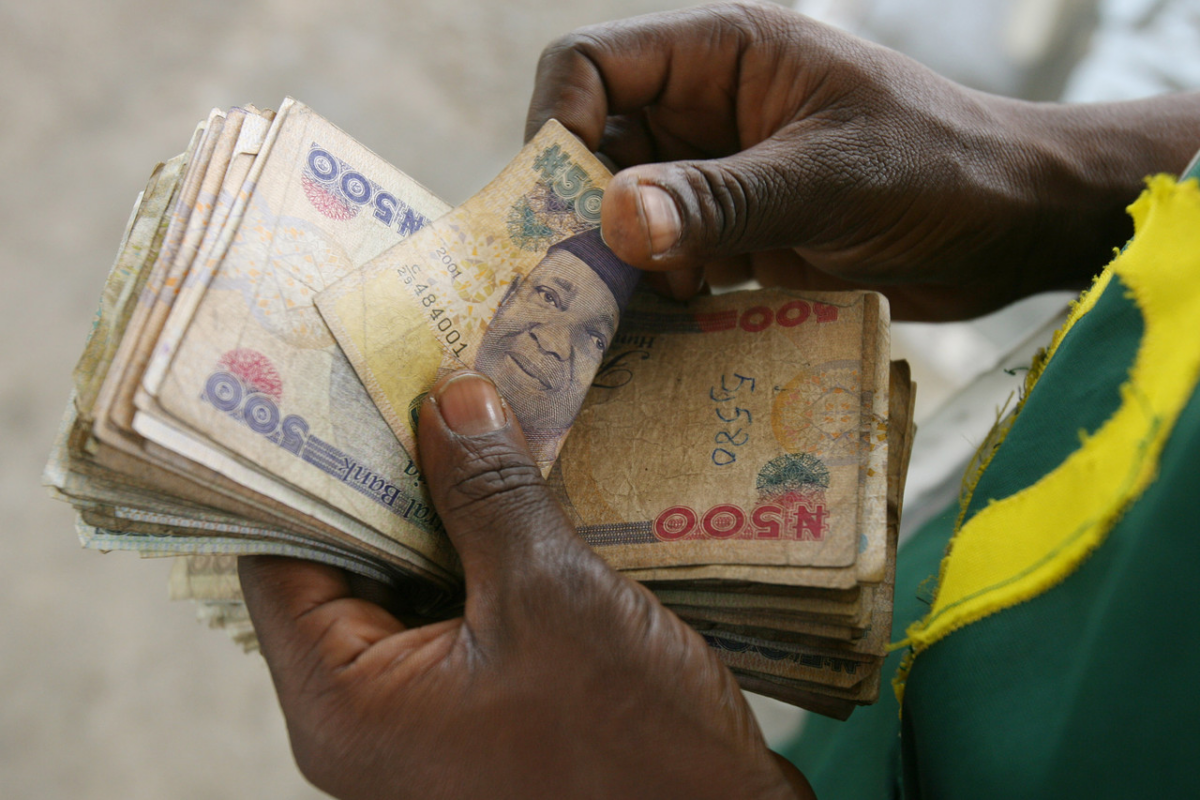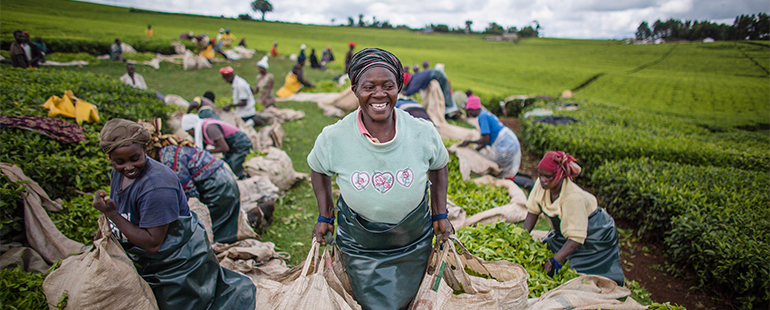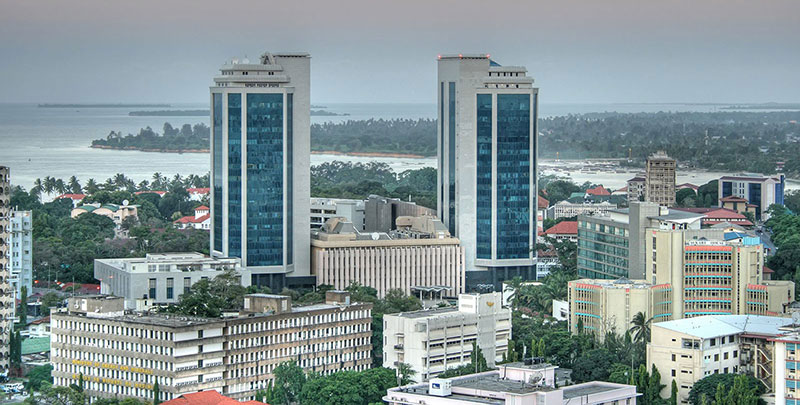Harboring some of the world’s most important natural resources, Africa is home to many thriving nations. It is a continent bustling with potential, teeming with diversity, and packed with natural and human resources. Low living costs play a significant role in these nations, spurring economic progress and growth. Deduced from Numbeo (a world-renowned analytics company), we have gathered the top 7 African countries with the lowest cost of living. Read Also: Gas Saver’s Guide: 23 Tips for Cutting Fuel Costs
African Countries with the Lowest Cost of Living
Low cost of living attracts international investment, fostering economic development and paving the path for job creation. Furthermore, they encourage local businesses, stimulating the growth and prosperity of small and medium-sized enterprises (SMEs).

Nigeria
Nigeria, often called the “Giant of Africa,” tops the list with a cost of living index 19.0. Despite its affordability, Nigeria remains vibrant and culturally rich. The country’s low cost of living attracts businesses and individuals alike. The sizeable informal economy further enhances affordability, lowering the costs of services, food, and housing. The government subsidizes fuel and essential food items, reducing day-to-day expenses for ordinary Nigerians. The weak Nigerian Naira makes it even more appealing for expatriates and residents earning in foreign currencies.
Libya
With a cost of living index of 21.7, despite the challenges posed by its post-conflict economy, Libya finds itself among the countries with a lower cost threshold for residents. The ongoing conflicts have unintentionally driven down the cost of certain goods and services due to disruptions in various sectors. Like Nigeria, fuel in Libya is heavily subsidized by the government, significantly reducing transportation expenses. Moreover, international sanctions and instability have limited import options, leading consumers to rely more on locally produced goods that come at lower prices.

Kenya
Kenya is distinguished by a cost of living index of 24.6, positioning it favorably among African countries with lower expenses. Despite recent economic hurdles, including surges in fuel costs and higher housing fees, Kenya’s cost-effective local markets significantly mediate the impact on its residents’ daily expenses. Its strong agricultural sector is a cornerstone of the Kenyan economy, ensuring that basic foodstuffs are accessible and economical for the population. Additionally, the country’s widespread informal markets closely echo the Nigerian model, creating a competitive environment where goods and services can be procured at attractive prices. Read Also: Which African Cities Have Highest Quality of Life Index?
Madagascar
Madagascar’s cost of living index stands at 25.5, reflecting its position as one of the most affordable countries in Africa. The island’s lower average income levels naturally translate to decreased prices for goods and services, setting a moderate standard of living that’s manageable for its citizens. With limited industrialization, the country sees lower production and transportation costs, keeping consumer prices low. A considerable part of the population engages in subsistence farming, contributing to individual food security and lessening dependency on costly imported goods. This autonomous approach to agriculture ensures that even the general populace’s basic food necessities remain within reach.
Rwanda
Rwanda makes its mark with a cost of living index of 25.8. This landlocked nation is praised for its government’s efficiency and steadfast focus on development, leading to decreased corruption and better allocation of resources. These factors positively affect the cost of public services and infrastructure, ultimately contributing to low living costs. Like Kenya, Rwanda emphasizes agriculture, bolstering food security and rendering food products more accessible and affordable to its citizenry. Moreover, the country benefits from a strong community spirit, with support networks that encourage sharing resources, thus reducing the cost burden on individuals.

Tanzania
Tanzania sits comfortably on this list with a cost of living index of 26.3. The economic climate in Tanzania is quite promising, with an upward trend in growth that signals a brighter future. The government’s investment in extensive infrastructure projects sets the stage for job creation and an uptick in consumer spending. With an economy on the rise, the standard of living remains manageable, and the local markets thrive. The agricultural sector, receiving substantial government support, plays a critical role in this balance by ensuring affordable and widely available food products.
Ghana
Lastly, Ghana exhibits a cost of living index that underscores its affordability, with a figure of 26.6. The reasonable cost of necessities drives the affordability in Ghana. A meal at a mid-range restaurant is priced around $10, indicating a dining scene that is both accessible and vibrant. Public transport is exceptionally economical, with a one-way ticket costing approximately $0.34, and the presence of taxis and ride-sharing services averaging $2.53 further facilitate budget-friendly mobility for its citizens. The confluence of these expenses with low costs for groceries and food attests to the country’s successful economic initiatives, which have played a pivotal role in making services and commodities affordable.
Bottom Line
A low cost of living does more than just attract foreign investment. It kindles a business-friendly ecosystem and enhances living standards for those residing within these nations. The affordability of goods and services is a significant advantage for the average citizen, fostering a sense of financial security and quality of life. As we look toward the future and the continuing growth of these African nations, it’s evident that affordability plays a substantial role in the narrative of their prosperity.



